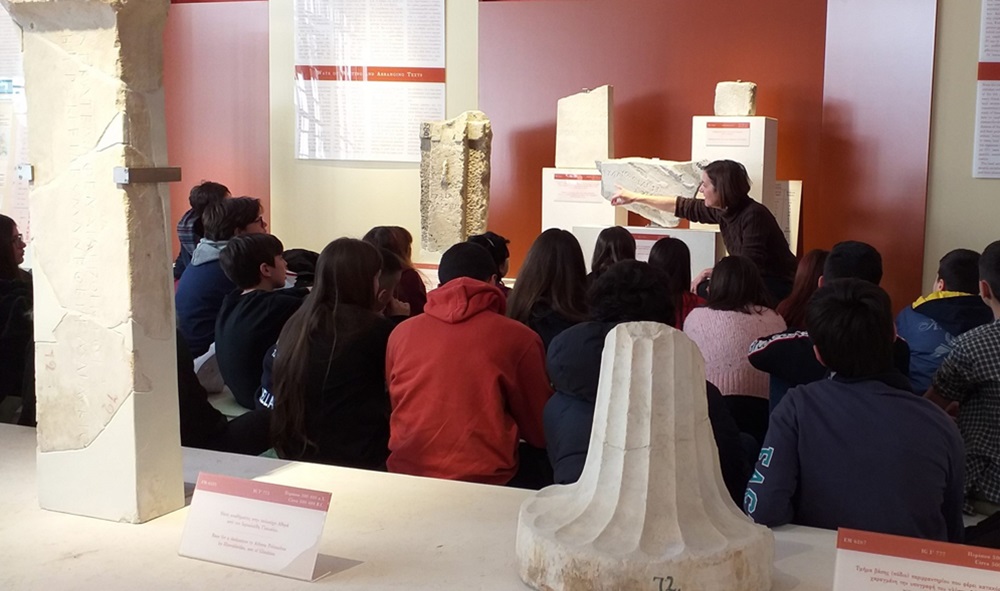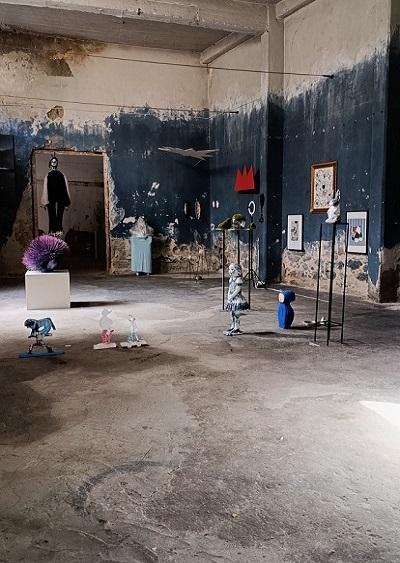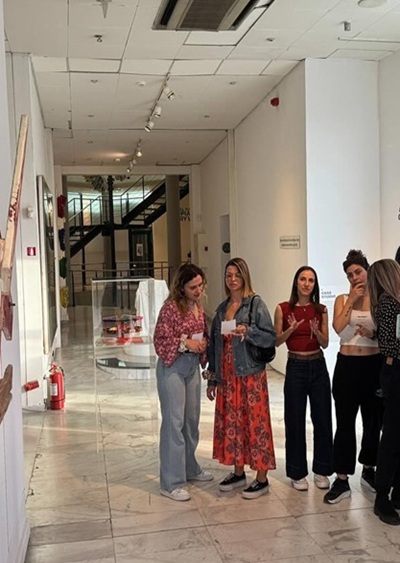
The collection itself and the nature of the exhibits of the Epigraphic Museum could be described as difficult for the visitor. After all, the object of the Museum is the ” Word ” and not the art that is perceived by aesthetic criteria. Indeed, in an age when the image now dominates the ancient inscriptions in the collection, it is becoming increasingly difficult to attract a wider audience, much less a younger audience.
However, the people of the Museum, having understood this particularity of the collection for several years, have turned to the systematic and scientific organization of educational programmes addressed to primary and secondary schools. As a result of years of effort, schoolchildren now make up the majority of visitors to the museum.
In the context of this initiative of the Epigraphic Museum, the implementation of the programme “Histories of Writing. People, states, institutions, cults,economies“. The results of the project were presented at a conference on 13/5, demonstrating the consistent and scientific operation of the Museum.
The “Histories of Writing ” was organised by the Museum staff and the programme was launched in 2023. Taking advantage of the Museum’s experience and the need for extroversion, the programme was a collaboration between the Epigraphic Museum and the Archaeological Museums of Thassos, Drama, Samothrace, Samothrace, Aiani, Nikopolis, Paros, Kea, Milos, Kalymnos, Kos, Lemnos, Mytilene and the Archaeological Collection of Eresos. The aim was to familiarize the students with the ancient inscriptions and to link them to history, micro-history and local history.
In order to achieve this goal, the Museum produced fourteen educational brochures, a floor game (puzzle), digital applications. To achieve the objectives, the museum staff proceeded to translate inscriptions into Modern Greek, a useful tool in the hands of teachers.
81 schools have already participated in the programme and almost 3000 students have attended. The love, experience and knowledge with which the programme was designed was evident from the presentations at the conference by the Head of the Epigraphic Museum, Mr Athanasios Themos, the Head of the Museum’s Exhibitions Department, Ms Gianna Venieri, the Head of the Research and Documentation Department, Ms Elena Zavvos and the Archaeologist Ms Stamatoula Makrypodi.







Leave A Comment